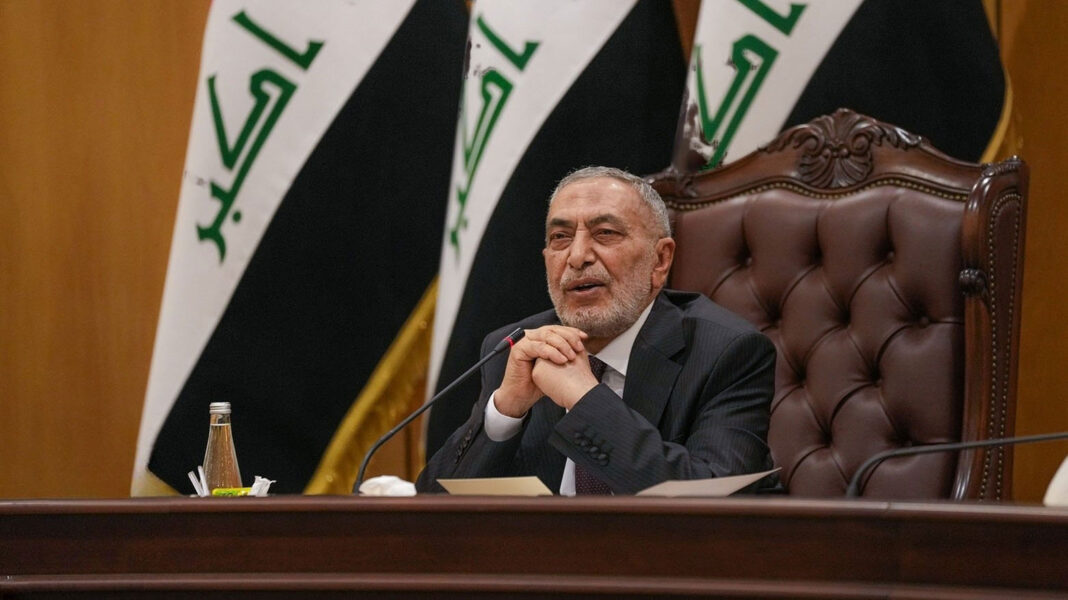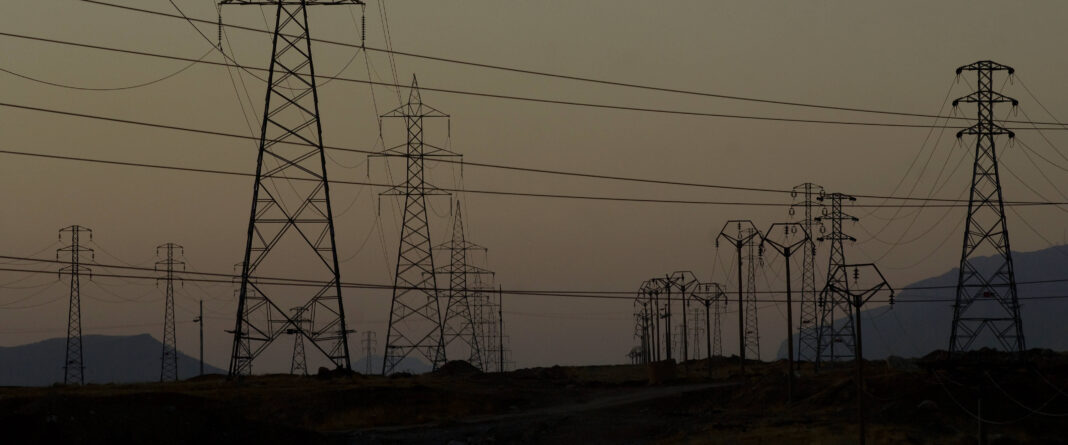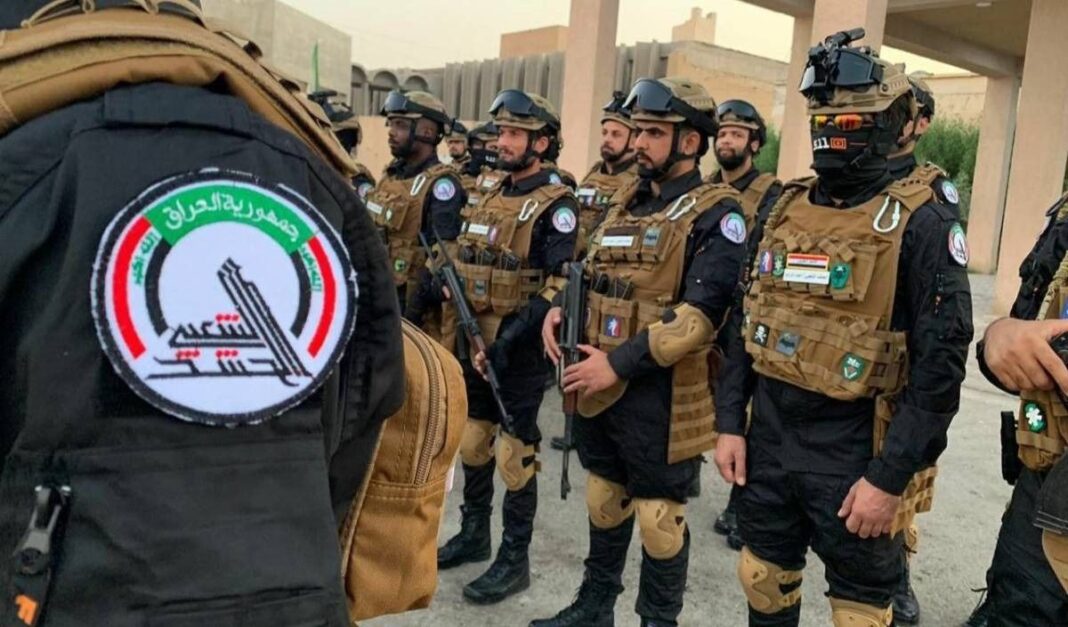Baghdad – On Monday, Iraq’s Reconstruction and Development Bloc, led by Prime Minister Mohammed Shia Al-Sudani, met with Parliament Speaker Mahmoud al-Mashhadani. They aimed to address recent parliamentary tensions in Iraq. These tensions caused confrontations that disrupted the day’s session.
Firas Al-Muslamawi spoke to Shafaq News and called the incident “unprecedented.” He said both sides in the leadership share responsibility for the disruption. The meeting focused on restoring order and pushing forward legislative work.
“Maintaining regular sessions and moving ahead with priorities is vital,” Al-Muslamawi said. “We want to resolve disputes and ensure institutional responsibility.”
The tensions began during a phone call between al-Mashhadani and First Deputy Speaker Mohsen al-Mandalawi. The disagreement started over remarks about the Service and Retirement Law for Popular Mobilization Forces (PMF) personnel. Other unresolved bills also added to the conflict.
The dispute escalated when al-Mandalawi entered the speaker’s office to continue the discussion. A second altercation broke out inside the Council of Representatives chamber. The clash involved al-Mashhadani, al-Mandalawi, and members of the Coordination Framework.
As a result, the day’s parliamentary session was postponed. Earlier, a political source told Shafaq News that Sunni lawmakers planned to meet separately. They want to form a unified position on the incident.
Reports indicate broad support for al-Mashhadani, who many view as the political figurehead of the Sunni community. This support adds another layer to the ongoing parliamentary tensions in Iraq.
In summary, parliamentary tensions in Iraq are creating obstacles for governance. Leaders recognize the urgent need to resolve disputes and ensure smooth legislative progress. The upcoming weeks will test Iraq’s political stability as lawmakers work to restore order.
Moving forward, Iraq’s political leaders must prioritize dialogue and compromise to prevent further disruptions. Continued parliamentary tensions risk delaying essential reforms and undermining public trust. Effective cooperation is crucial for Iraq’s path toward stability and progress.



